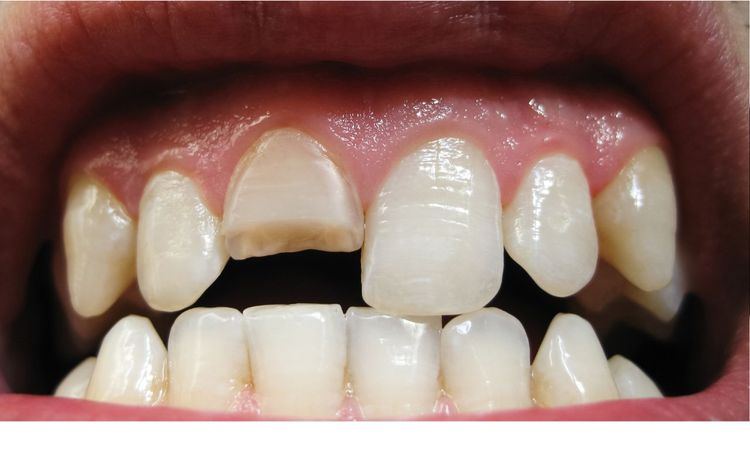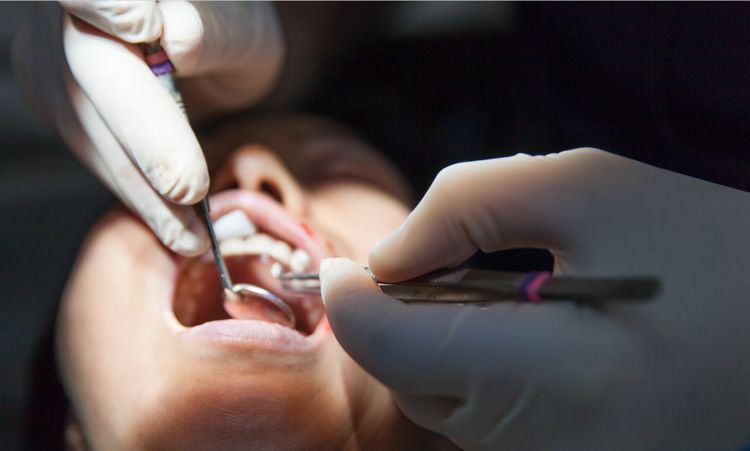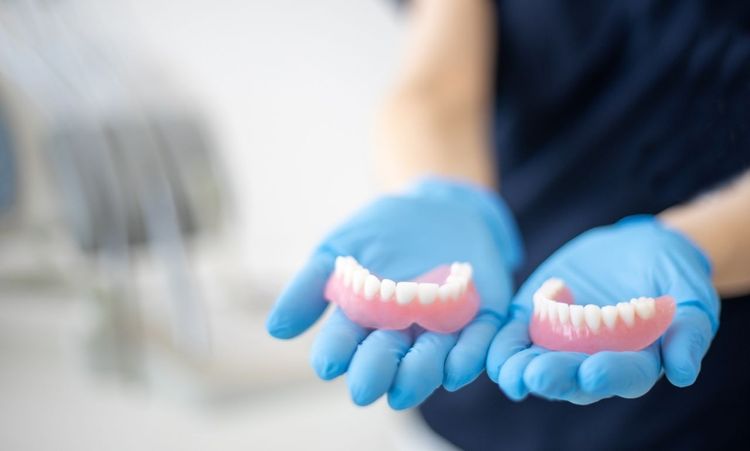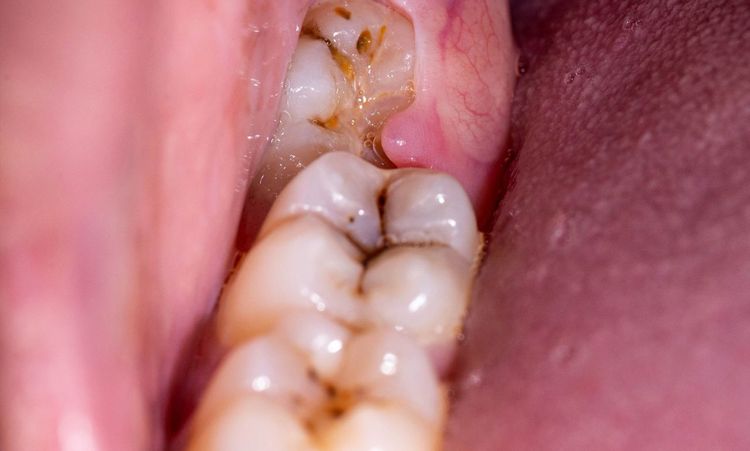If you've ever felt a sharp pain while biting down or noticed a small chunk of your tooth missing, you might have asked yourself, "Why do my teeth keep breaking?" It's a troubling issue that can leave you wondering if you're doing something wrong with your oral care routine. In reality, broken teeth are more common than you might think, and there are several reasons why your teeth could be breaking or chipping over time.
In this article, we'll dive into the causes of tooth breakage and explore the treatments that can restore your smile.
Acidic and Sugary Food
While many of us indulge in these tasty treats, the damage they can cause to our teeth often goes unnoticed. Acidic foods, like citrus fruits, soda, and certain types of coffee, can erode the enamel, the protective outer layer of your teeth. This enamel weakening makes your teeth more prone to chips and cracks.
Sugary foods, on the other hand, are a breeding ground for harmful bacteria. When sugar lingers in your mouth, it feeds these bacteria, producing acids that attack the enamel. Over time, the enamel becomes thin and brittle, setting the stage for breakage.
Genetic Factors

Sometimes, it's not about what you do or don't do—your genetics could play a role in your teeth breaking. Some people are more prone to cavities or gum disease, while others may inherit weaker enamel or thinner tooth structure. This can make your teeth more susceptible to cracks and breakage, especially as you age.
In fact, I once consulted a dentist about my fragile teeth, and they explained how genetics could be a key factor. Enamel thickness is largely hereditary, which means if your parents or grandparents had brittle teeth, you might have inherited that trait as well.
Bite Problems
Your bite is more important than you might think when it comes to the strength of your teeth. If your teeth don't meet properly, you could put extra pressure on specific areas, leading to wear, fractures, or chips. Misalignments like overbites, underbites, or crossbites can also cause uneven pressure on the teeth, making them more prone to breaking.
If you've ever heard a loud popping sound when you bite into something, or if you notice your teeth don't align when you close your mouth, it might be worth getting a consultation with an orthodontist. Correcting bite problems early on can help prevent further damage and keep your teeth strong for years.
Hard Foods
We've all been there—biting into a hard piece of candy or a stubborn popcorn kernel only to feel something crack inside our mouths. While our teeth are built to chew food, biting down on something challenging can still result in damage. Hard foods like nuts, ice, and candy can exert tremendous pressure on your teeth, especially if you bite down too forcefully.
Poor Oral Hygiene
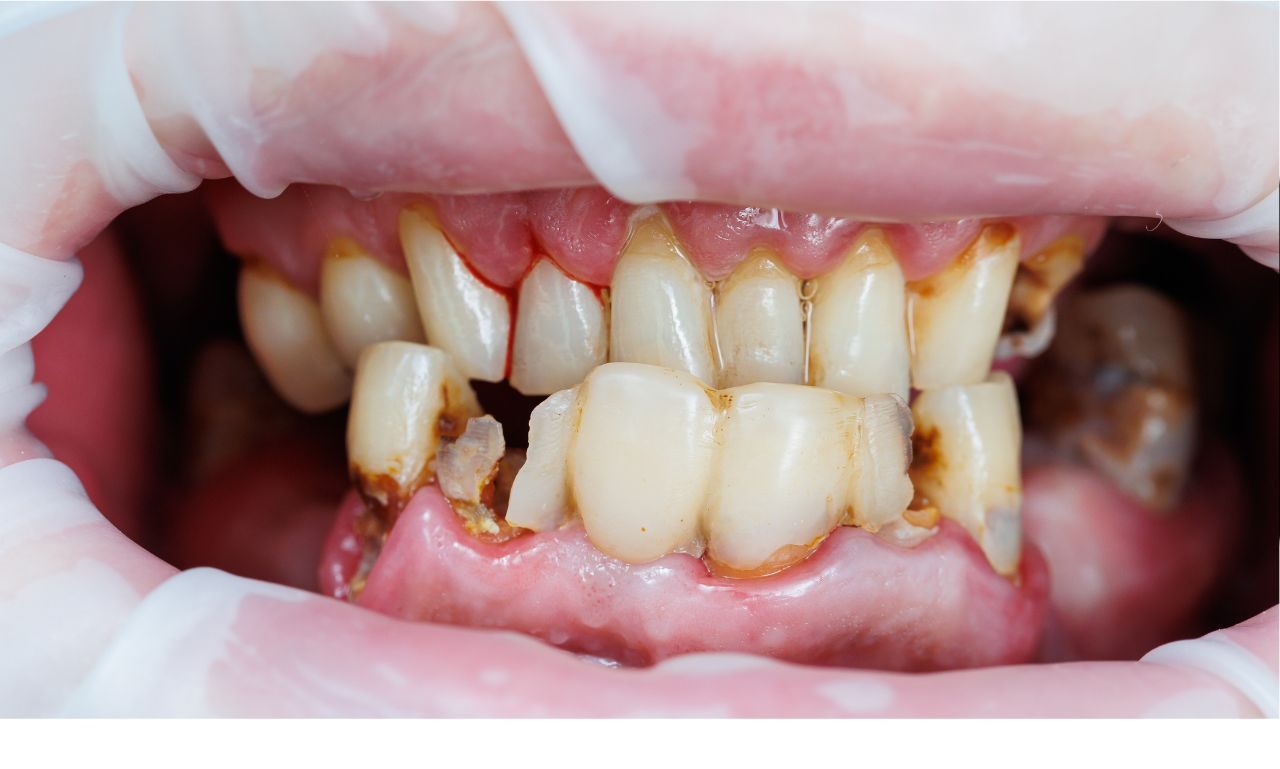
If you don't brush and floss your teeth regularly, plaque and tartar can build up, weakening the enamel and making your teeth more prone to damage. Poor oral hygiene can lead to cavities, which, if untreated, can cause the tooth to become structurally compromised and susceptible to breaking.
Additionally, not brushing your teeth properly can leave harmful bacteria in your mouth, contributing to gum disease and tooth decay. I've learned the hard way that proper oral hygiene makes a huge difference in maintaining the integrity of your teeth.
Trauma or Injury
Accidents from sports, falls, or other physical activities can cause teeth to break. I remember playing basketball in high school and taking an elbow to the mouth. One of my teeth chipped, and I had to get it bonded. If you're into contact sports or activities with a risk of injury, wearing a protective mouthguard can save your teeth from trauma.
Age-Related Changes
As we age, our teeth naturally weaken. The enamel wears down over time, and the underlying dentin layer becomes more exposed, making teeth more susceptible to cracks, chips, and other breakage. Additionally, salivary production tends to decrease with age, which can result in a dry mouth. A dry mouth leaves your teeth more vulnerable to damage because saliva is crucial in neutralizing acids and washing away food particles.
Age-related changes might be the culprit if you're over 40 and you've started noticing more frequent tooth problems. Regular dental check-ups become even more critical as we age to keep track of tooth strength and prevent further damage.
Gum Disease
When your gums become infected or inflamed, they can pull away from the teeth, exposing the tooth roots. This can weaken the tooth and cause it to become more fragile. Gum disease can also lead to the loss of bone structure that supports the teeth, increasing the risk of breakage.
I once experienced a mild gum disease due to improper brushing and poor flossing habits. My dentist recommended a deep cleaning treatment and some lifestyle changes to improve my gum health, which helped prevent further damage to my teeth.
Overuse of Fillings
Dental fillings are commonly used to repair cavities, but they can wear out or become damaged over time. If fillings are too large or not properly maintained, they can put extra pressure on the surrounding tooth, leading to cracks or breakage. Additionally, old fillings can cause the tooth to weaken, especially if they were placed years ago and ashowsigns of wear and tear.
Bruxism (Grinding)
Bruxism, or the habit of grinding your teeth, often occurs at night during sleep, though it can also happen during the day. The excessive pressure on the teeth when grinding can lead to tiny cracks, chips, or large fractures. This constant wear on your teeth can weaken them, increasing the likelihood of breakage.
Treatments to Restore Broken Teeth
Let's explore some of the most common treatments:
Dental Veneers
Dental veneers are thin shells of porcelain or composite resin bonded to the front of teeth. They can restore the appearance of a broken or chipped tooth and help protect the underlying tooth structure. Veneers are often used for cosmetic purposes but can also be used to repair functional damage.
Bonding or Fillings
Dental bonding is a procedure where a tin-colored resin is applied to the damaged area of the tooth and shaped to restore its natural form. This is an excellent option for small chips or cracks. Fillings are used to fill cavities and repair teeth that have been weakened by decay. In both cases, the treatment aims to improve your teeth' ion and appearance.
A Crown or Cap
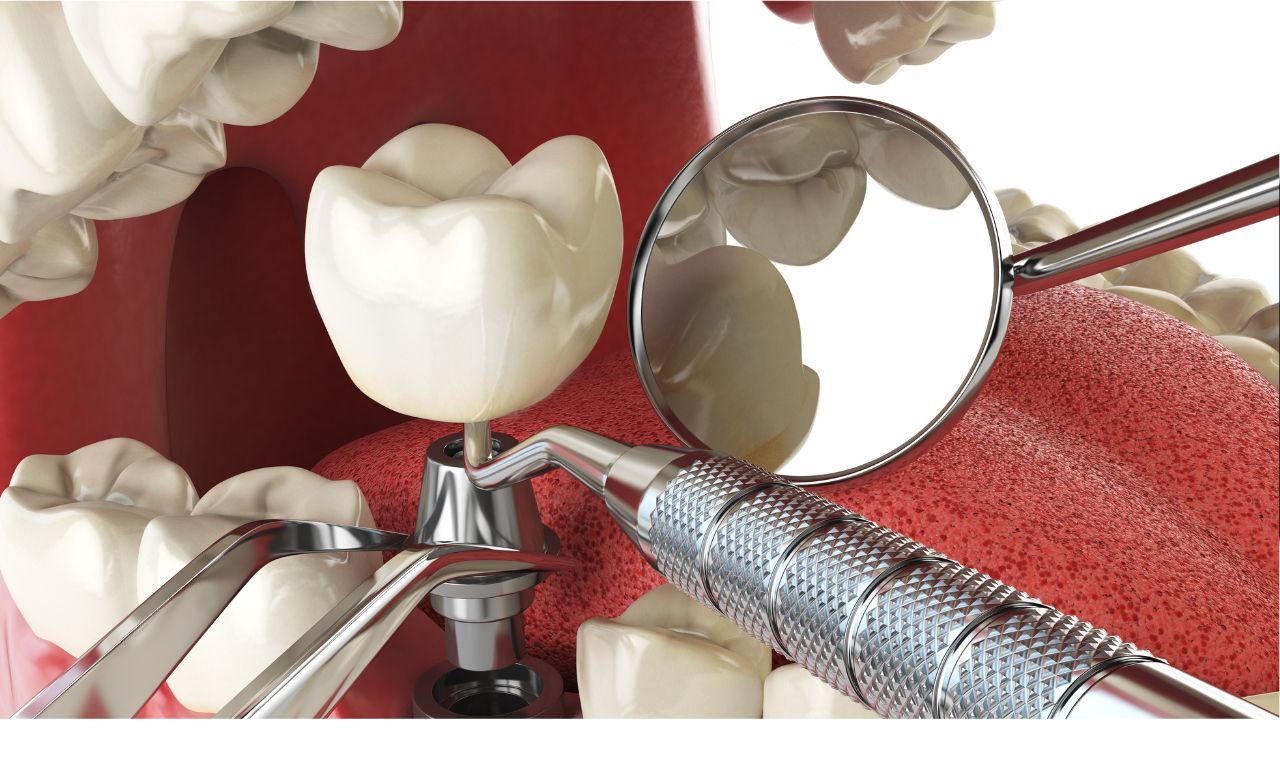
A dental crown or cap may be necessary if a tooth is severely broken or decayed. This treatment involves placing a tooth-shaped cap over the broken tooth to restore its shape, strength, and function. Crowns are often made of porcelain, metal, or both materials.
Why is My Tooth Breaking Off in Pieces?
If your tooth breaks off in pieces, it's likely due to weakened enamel, trauma, or underlying decay. Enamel erosion from acidic foods or poor oral hygiene can leave the tooth vulnerable to breakage. Additionally, untreated cavities or fractures can spread over time, causing the tooth to crumble.
Why Are My Teeth Breaking and Falling Apart?
A combination of tooth decay, gum disease, bruxism, and poor oral hygiene can cause teeth breaking and falling apart. If the integrity of your tooth structure is compromised, it becomes more susceptible to falling apart. Seeking prompt dental care can help address the root cause of the issue and prevent further damage.
Conclusion
Teeth breakage can happen for various reasons, from dietary habits to trauma and genetics. Understanding why your teeth are breaking and taking proactive steps to protect them can go a long way in preserving the health of your smile. Remember, maintaining a healthy, consistent oral care routine and visiting your dentist regularly is key to preventing tooth damage. If you experience any signs of tooth breakage, don't hesitate to seek professional advice and treatment.
Also Read: Why Are My Upper Gums Throbbing?
